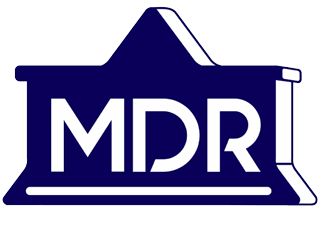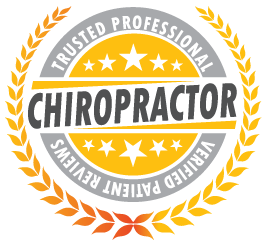Do you have consistent pain when smiling, laughing, or eating? If you have regular pain with facial movements, it could be TMJ. TMJ or temporomandibular joint dysfunction, along with other temporomandibular disorders, can cause mild pain in the hinge joint that connects the jaw to your skull. This joint allows you to move your jaw up and down and left to right. For such a critical joint, it is important to understand any discomfort and all the potential treatment plans that are available.
Understanding the causes of TMJ will help alleviate it’s affects. So, What causes TMJ?
There are many causes associated with TMJ, but it is often difficult for doctors to diagnose specific causes of TMJ in patients.
TMJ has been connected to individuals that have experienced:
- Jaw trauma
- Jaw dislocation
- Arthritis in the joint
- Physical or emotional stress
Grinding or clenching teeth and physical or emotional stress can contribute to symptoms associated with TMJ. TMJ symptoms can also be exacerbated by yawning or yelling, resting your chin in your hand, and prolonged chewing. However, not everyone who has these habits will experience mild or severe symptoms.
The team at MDR, can help identify the presence of TMJ by understanding your symptoms.
TMJ can vary in severity and symptoms for every individual. Symptoms are determined by the cause of an individual’s TMJ, an individual’s every-day behaviors, and the progress of one’s condition. For many, TMJ symptoms can be temporary, but for others, they can last for years.
Have you experienced symptoms like these? TMJ can appear in the following symptoms:
- Jaw, cheek, tooth, or ear pain
- Clicking noises in your jaw
- Jaw locking when opened wide
- Trouble chewing
- Facial swelling
- Headaches
- Dizziness
- Earaches
If you are experiencing pain on one or both sides of the face, reach out to your doctor to help find the causes of any discomfort and built a treatment plan.
Treatments for TMJ are available. Here’s what you need to know.
TMJ can be treated by reaching out to our team at MD Chiropractic, where experts will work with you to get down to the root of your jaw pain and create thorough treatment plans. MD Chiropractic treatment plans aim to restore jaw function and relieve any discomfort.
Treatment options can include:
- Chiropractic adjustments
- Heat therapy
- Cold laser treatment
- Rapid release therapy
In addition to chiropractic treatments, it’s important to have healthy behaviors at home to help alleviate extra stress on the joint. If you have jaw pain, try eating soft or blended foods and avoid hard and crunchy foods or anything that requires you to open your mouth wide so that you don’t overwork your jaw. Additionally, if you are actively experiencing pain, try to warm a washcloth to increase blood circulation in the area to improve jaw functionality. Reducing stress, correcting posture, and getting a good night’s sleep are also great options to help avoid or alleviate pain at the moment.
For TMJ treatment, reach out to MD Chiropractic so that our Boynton Beach chiropractors and MDR Advanced Medical Associates team can work with you to develop strategies, at home and in the office, that will get you on the path to recovery! If you have any questions or concerns about your symptoms or potential treatment plans, do not hesitate to reach out at 561-731-3361 and begin your treatment journey.







